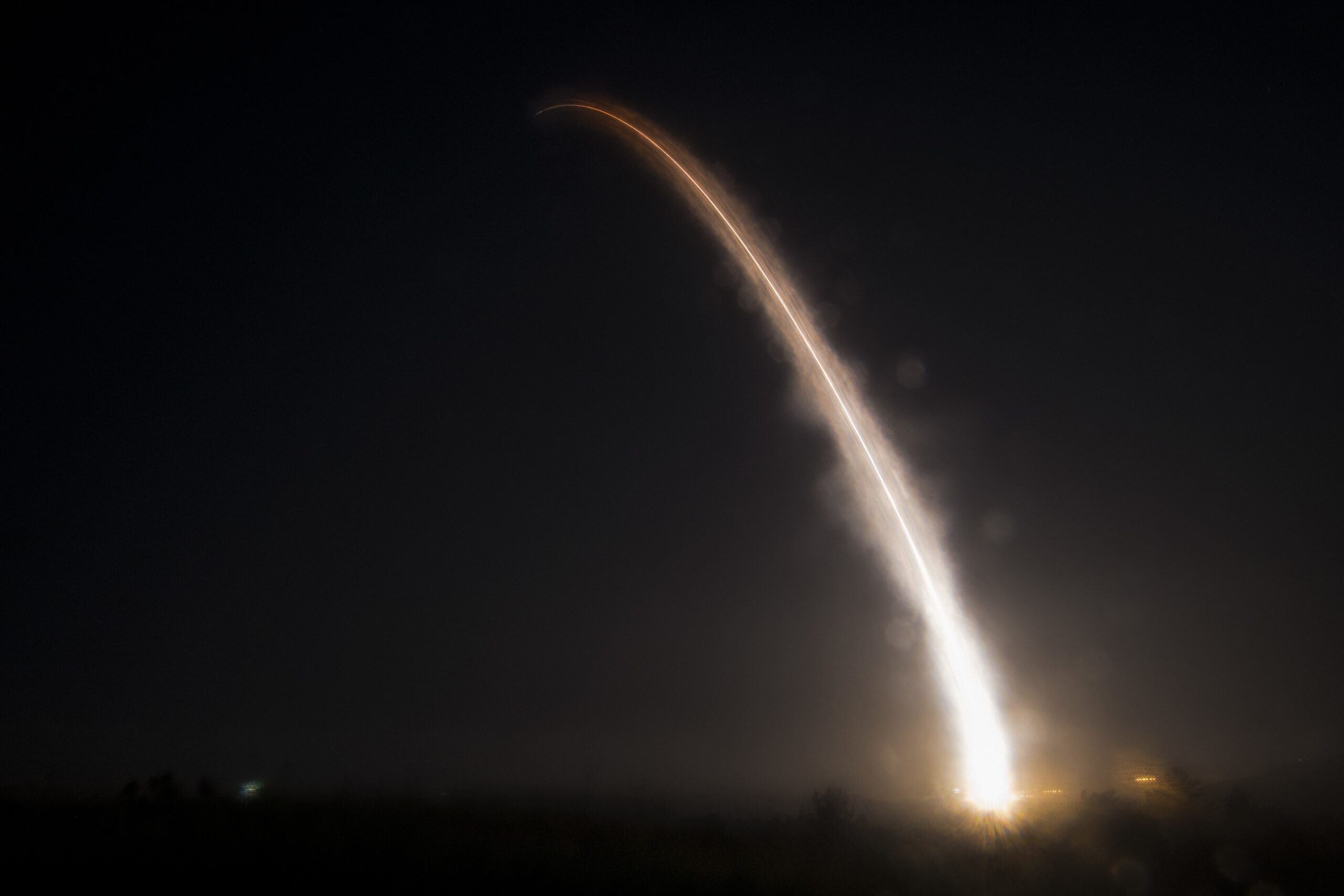
US Secretary of State Anthony Blinken said in a statement the decision to extend the New Strategic Arms Reduction Treaty (START) showed the US ‘took the first step toward making good’ on President Biden’s pledge to restore US leadership on ‘arms control and nonproliferation’.
New START limits all Russian nuclear warheads able to be mounted on an ICBM that could potentially reach the US in half an hour. The extension includes no amendments to the original treaty, meaning there will be no changes to inspection or enforcement procedures.
During the Trump Administration, the US withdrew from the Intermediate-Range Nuclear Forces (INF) Treaty and the Open Skies agreement – leaving just one treaty governing the two power’s nuclear arsenals.
Blinken said: “Extending the New START Treaty ensures we have verifiable limits on Russian ICBMs [intercontinental ballistic missiles], SLBMs [submarine-launched ballistic missiles], and heavy bombers until February 5, 2026.
“The New START Treaty’s verification regime enables us to monitor Russian compliance with the treaty and provides us with greater insight into Russia’s nuclear posture, including through data exchanges and on-site inspections that allow US inspectors to have eyes on Russian nuclear forces and facilities.”
Blinken added that extending New START was ‘only the beginning’ of US efforts to address new challenges, saying the administration would use the five-year extension to pursue new arms control agreements with Russia.
Looking to China, Blinken said the US would also pursue an agreement with the country to ‘reduce the dangers from China’s modern and growing nuclear arsenal’.
NATO welcomed the extension in a statement, adding: “NATO allies believe the New START Treaty contributes to international stability, and Allies again express their strong support for its continued implementation and for early and active dialogue on ways to improve strategic stability.”
However, the alliance added that while the US ‘engages’ Russia to advance NATO’s collective interest, it ‘remains clear-eyed about the challenges Russia poses’.
The UK also praised the move, with British Foreign Secretary Dominic Raab tweeting: “The UK welcomes the @POTUS [President Biden] decision to extend the New START treaty with Russia.
“We will continue to work closely with the US and our Allies to tackle new arms control challenges and bolster the existing arms control architecture that keeps our people safe.”
Russia’s Ministry of Foreign Affairs said that a telephone call between President Biden and President Putin in late January was key to clearing the way for the treaty’s extension.
In a statement, the Ministry added: “In effect, this core mechanism for maintaining strategic stability is preserved and its further functioning assured on a strictly reciprocal basis, limiting the two countries’ nuclear arsenals.
“Considering the special responsibilities that Russia and the US carry as the world’s largest nuclear nations, the decision taken is important as it guarantees a necessary level of predictability and transparency in this area, while strictly maintaining a balance of interests.”
Russia said that it hoped the decision would ‘leave behind’ past years trend of the dismantling of arms controls treaties that is said was the result of ‘US destructive policies’.
The ministry added: “Significant steps would be required to return our bilateral dialogue in this area back to a more stable trajectory, reach new substantial results which would strengthen our national security and global strategic stability.”
On 29 January, Putin cleared the way for the extension signing a bill agreeing to keep the New START Treaty in force.
Blinken added: “Just as we engage the Russian Federation in ways that advance American interests, like seeking a five-year extension of New START and broader discussions to reduce the likelihood of crisis and conflict, we remain clear-eyed about the challenges that Russia poses to the United States and the world.
“Even as we work with Russia to advance US interests, so too will we work to hold Russia to account for adversarial actions as well as its human rights abuses, in close coordination with our allies and partners.”



